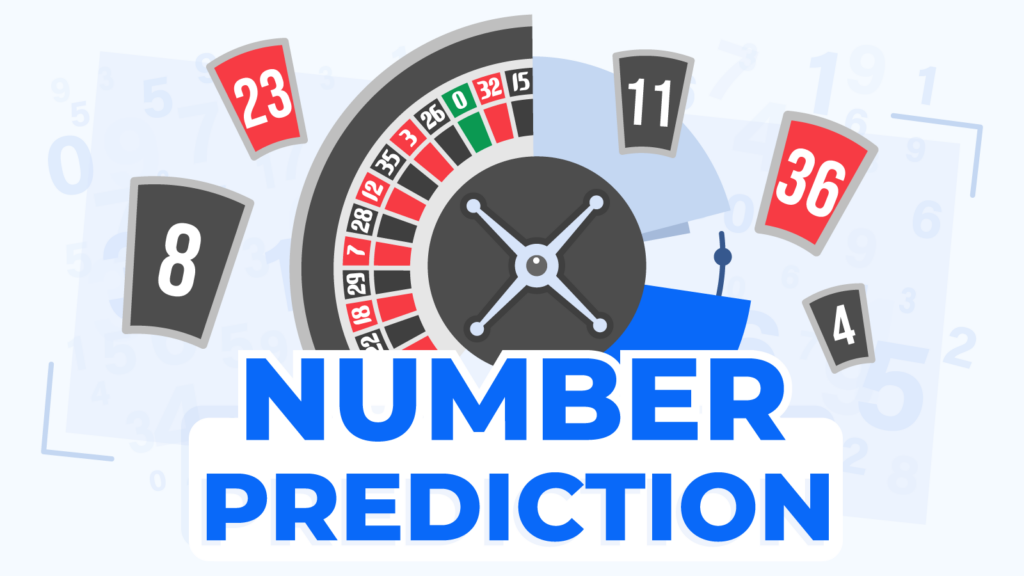
Can Gambling Ruin My Credit Score? Experts Have The Answer
All the information in this page was checked by:
Every piece of information we present is rigorously verified by our team of experts using multiple credible sources, ensuring the highest level of accuracy and reliability.
We have paid partnerships with the online casino operators featured on our site. We may also earn commissions when users click on certain links. However, these partnerships do not affect our reviews, recommendations, or analysis. We remain impartial and committed to delivering unbiased gambling content. For more details, visit our Advertiser Disclosure page.
You’ve probably heard the rumors: “Gambling can ruin your credit score.” But is that really true? Or is it just another myth floating around? The truth is, gambling itself doesn’t directly impact your credit score, but the financial habits surrounding it might. Here’s the catch though: the way you manage your money around gambling can affect your credit score. From how you handle loans to your spending habits, there are subtle ways your financial decisions could ripple into your credit health. In this guide, we’ll explore the connection between gambling and your credit score, clear up common misconceptions, and share practical tips to keep your finances on track. Ready to learn more?
- How Gambling Can Influence Your Credit Score
- What to Look for in Your Credit Report as a Gambler
- Safe Practices for Betting with Credit Cards
- Managing Gambling Transactions on Your Bank Statements
- Why a Good Credit Score Matters for UK Gamblers
- Steps to Maintain Your Credit Score While Gambling
- Tips for Staying on Top of Your Credit Health
How Gambling Can Influence Your Credit Score
Your credit score is determined by various factors, including your payment history, amounts owed, length of credit history, new credit, and credit mix. Gambling itself does not directly impact your credit score. However, the way you pay for gambling or handle gambling debts can affect it. For instance, consistently making late payments on credit cards because you used the funds for gambling will lower your score. Maxing out credit cards to finance gambling also increases your credit utilization ratio, which can significantly drop your score. Too many cash advances used for gambling can also harm your credit. Moreover, taking out payday loans or going into collections from gambling debts can severely damage your credit. Signing up for new credit cards frequently to fund a gambling habit will also take its toll on your score by increasing hard inquiries. In summary, gambling does not hurt your credit, but the resulting financial and borrowing behaviours do. Gambling responsibly within your budget is crucial for maintaining good credit.
What to Look for in Your Credit Report as A Gambler

- Late payments, defaults, or collections from gambling-related loans or debts such as credit cards, payday loans, or personal loans used for gambling.
- Maxed out credit cards used for gambling purchases. High balances compared to limits hurt scores.
- Numerous cash advances are used for gambling.
- Hard credit inquiries from applying for new credit cards or loans to fund gambling. Having too many will affect it but temporarily.
- Public records such as bankruptcies, judgments, or tax liens caused by gambling losses or debts.
- Lack of diverse credit history if only gambling-related debts appear.
A credit report provides critical visibility into how gambling impacts your borrowing behaviours and creditworthiness over time. Monitoring your report helps spot and address issues early.
Safe Practices for Betting with Credit Cards
In April 2020, new laws went into effect in the UK banning gambling businesses from allowing consumers to use credit cards to gamble. This includes online gambling sites and apps. The UK Gambling Commission instituted this ban to help consumers control their gambling spend and minimise the accumulation of credit card debt from gambling activities. Before the ban, 22% of online gamblers used credit cards to fund their gambling. The law change has significantly impacted online gambling behaviours and reduced issues of consumers getting overextended with credit card debt from gambling. Our CasinoAlpha specialists always recommend debit or prepaid cards or e-wallets in casinos for safety and simplicity.
Managing Gambling Transactions on Your Bank Statements

Any gambling winnings, losses, or transfers that show up on your bank statements can impact your financial reputation.
If you have large gambling payments or transfers, your bank may see this as a red flag. It might make them question how reliable you are with money. Frequent big gambling transactions can look like high-risk behaviour to them.
Also, if you deposit any major gambling winnings, you must properly document this and report it to the UK tax authorities. If you don’t report large winning deposits correctly, it could hurt your financial credibility if you get audited.
However, gambling losses and transfers typically won’t affect your credit or finances. They are not tax deductible in the UK.
The bottom line is that responsible gambling habits, proper reporting of winnings, and financial discipline will help maintain your reputation and credit score.
Why a Good Credit Score Matters for UK Gamblers
A prime credit score (700+) unlocks better credit offers and rates for UK gamblers. Whether you’re applying for a personal loan to consolidate debts, financing a large purchase like a car, or getting a new credit card, a higher score means better terms. Some specific benefits of maintaining a good credit score as a gambler include:
- Improved approval odds for new credit cards with attractive rewards programs, signup bonuses, and lower interest rates. This allows the use of credit cards strategically for gambling purchases without accumulating high-interest charges.
- Qualifying for top rates on personal loans that can be used to consolidate high-interest gambling-related debts into one lower monthly payment. This helps reduce the total interest paid over time.
- Ability to qualify for 0% APR balance transfer credit cards. These allow transferring higher-interest gambling debt balances onto the new 0% card for 12-21 months to save substantially on interest.
- Increased ability to qualify for a mortgage or lower mortgage rates which helps in purchasing a home.
A good credit score saves UK gamblers money through improved credit offers. It also provides peace of mind knowing your credit standing is strong.
Steps to Maintain Your Credit Score While Gambling
Responsible gambling habits and smart credit behaviour can help you maintain a healthy credit score. Here are some top tips:
Don’t borrow money for gambling
Avoid using credit cards, payday loans, or other loans to finance gambling activities. This prevents the accumulation of debts that can spiral out of control. Only gamble with the money you have available to mitigate risk.
Always know the latest law updates
Stay up to date on UK laws related to gambling winnings and losses. While winnings must be reported to HMRC, losses are generally not tax deductible. Keep detailed records of your gambling history and taxes. Consult an accountant with questions.
Use prepaid cards or debit cards
Funded prepaid or debit cards allow you to gamble online or in person without credit impacts safely. Set a strict budget on prepaid card loads to control spending.
Consolidate debts
If you have existing gambling-related credit card debts, consider consolidating them through a personal loan or low-rate balance transfer card to reduce interest charges and pay down balances faster.
Review credit reports regularly
Remember to regularly check your credit reports from Experian, Equifax, and TransUnion to spot any early negative impacts from gambling. Address issues quickly to minimize credit damage. By practising proper gambling habits and financial responsibility, you can enjoy gambling while maintaining a prime credit score. Consult credit experts for guidance on managing gambling’s influence on your borrowing and credit standing. Ultimately, gamble responsibly, spend within your means, and let Lady Luck take care of the rest!
Tips for Staying on Top of Your Credit Health
So, gambling itself does not directly influence your credit score, but the financial behaviours often associated with it can certainly damage your credit standing. Responsible gambling habits are key. Set a strict budget for gambling and stick to it. Gambling and being financially responsible will allow you to enjoy the activity while protecting your credit score and financial reputation. Report your winnings and losses according to UK law, and subscribe to our newsletter to see the latest guides and blog articles about hot casino topics.









